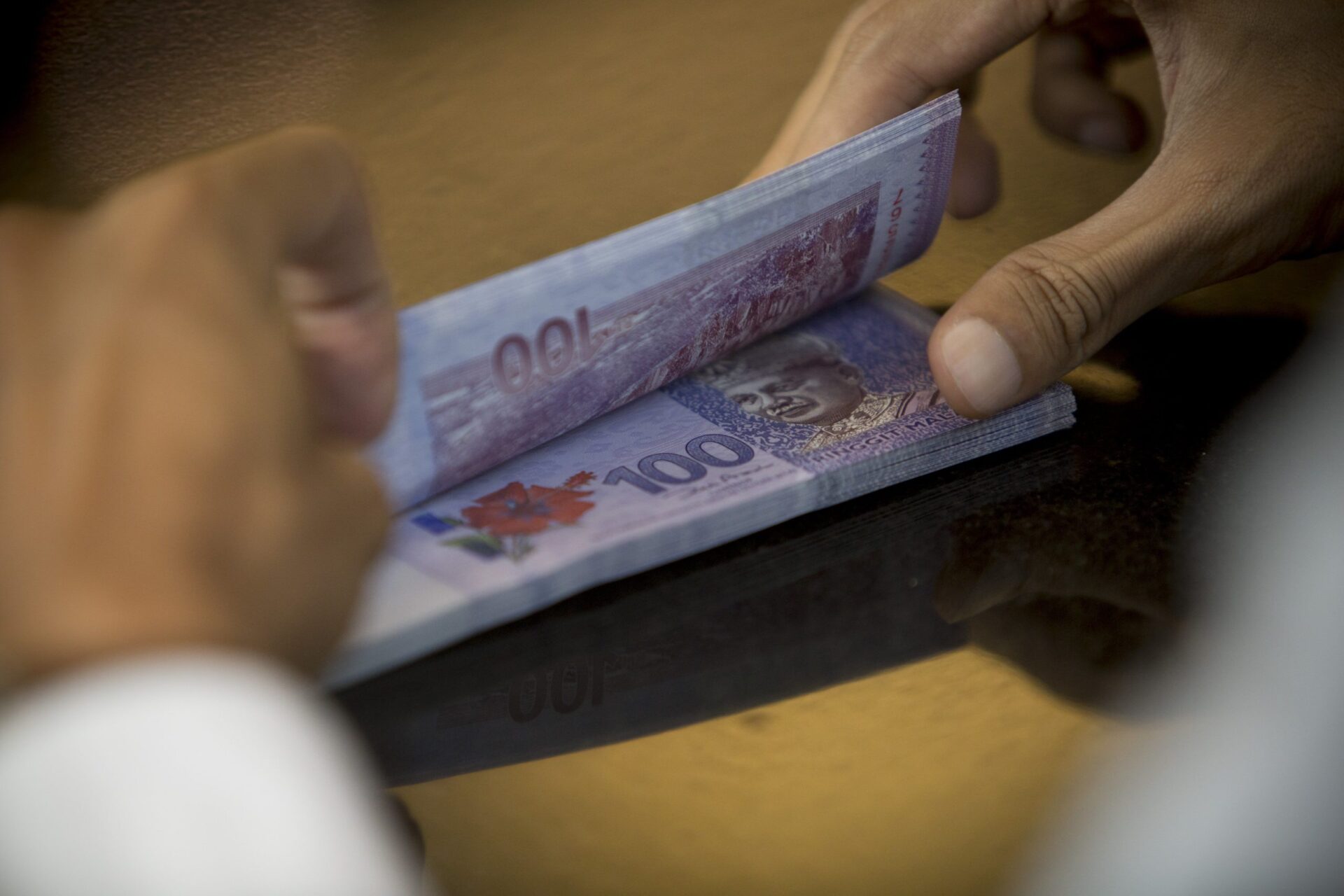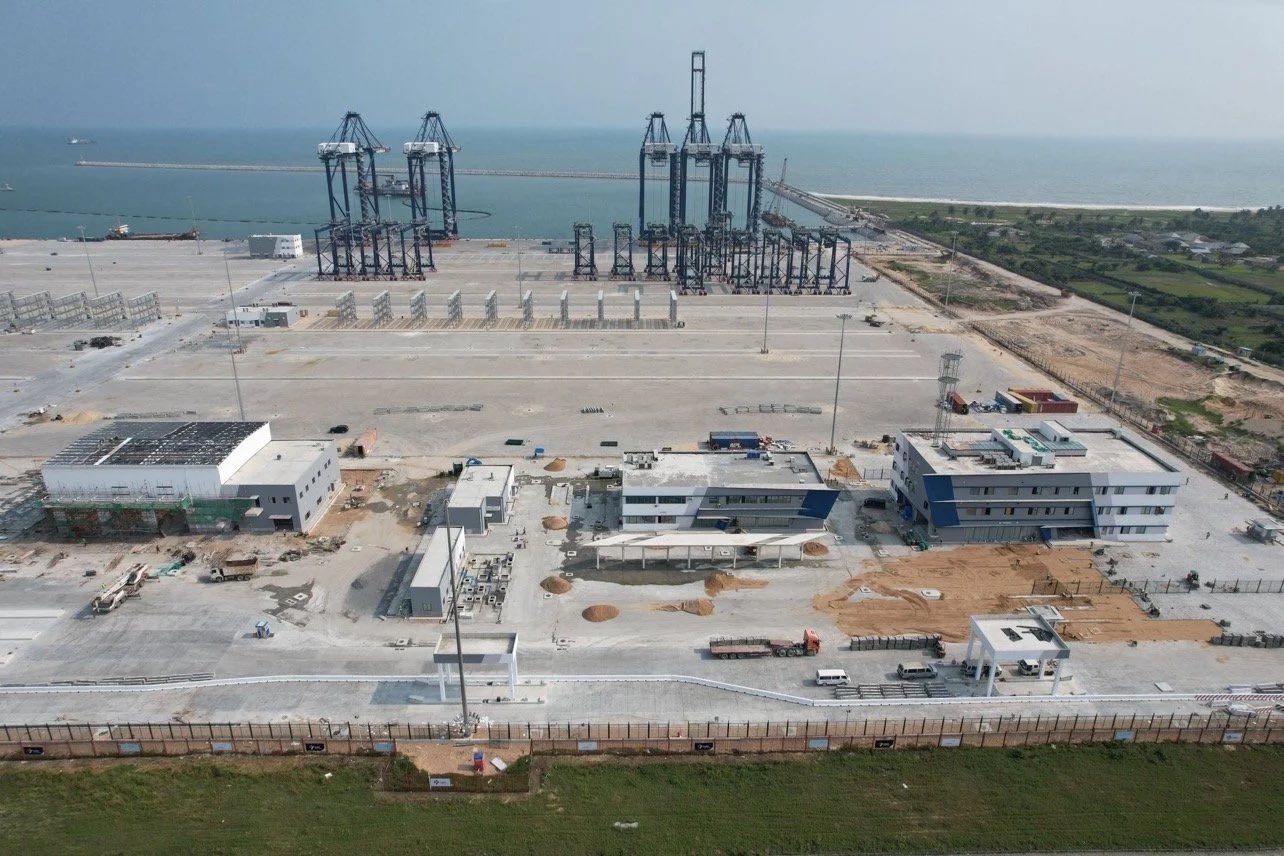- Nigeria Open for Business, Afrinvest CEO Tells Investors
Foreign investors have been advised to take advantage of the huge investment opportunities in the Nigerian economy.
The Chief Executive Officer, Afrinvest West Limited, Mr. Ike Chioke, made the call at a media briefing in Lagos over the weekend, ahead of the launch of the investment bank’s Banking Sector Report titled: “Nigeria Re-opens for Business,” scheduled to hold in London this Friday.
The Afrinvest boss pointed out that compared to the economic despondency of 2016 which saw the economy slip into a recession, business and investment confidence in Nigeria started to garner steam in the first quarter of 2017, as hope brightened that the business cycle had reached a trough and the economy was set to fully reverse course.
He noted that the second quarter Gross Domestic Product (GDP) numbers further confirmed that the recovery was on course with the economy exiting a four-quarter long recession with a mild GDP growth of 0.6 per cent.
Chioke pointed out that Nigeria’s erstwhile predominantly positive macro story suffered a setback between 2014 and 2016 as macroeconomic indicators came under pressure and underperformed medium term trends and frontier market peers.
This period, according to him, could best be described as the “lean years,” which he pointed out was one of the most challenging for policy makers since the return to democratic rule in 1999.
“As with most emerging and frontier market crises, Nigeria’s economic miseries were at first triggered by a current account imbalance and widening fiscal deficits which were a direct consequence of the fall in global oil prices which began in 2014.
“As the tide went out on commodities, Nigeria’s structural vulnerabilities – hitherto ignored by policy makers and global fund managers caught in the euphoria of the “Africa Rising” narrative – became more obvious, with the effect on the business cycle amplified by underwhelming policy responses which sapped investor confidence and led to a currency crisis,” he explained.
Against the backdrop of a recovery in the domestic oil sector, reforms in the foreign exchange (FX) market and renewed efforts at tackling deep-seated structural bottlenecks, the Afrinvest team, in the report were more optimistic on near term growth.
They projected that growth would accelerate in the third and fourth quarter of 2017, driven by improved oil output and anticipated positive knock-on effects of higher crude exports on non-oil GDP, following a boost in FX liquidity and fiscal spending.
“However, a major downside risk is the recently reported incidence of flooding in the Agrarian North Central region which is a strategic agricultural belt. “Although government agencies are still taking stock of the extent of damage to farmlands and infrastructure, we have prudently taken this into consideration in our growth forecast for full year 2017.
“Hence, we retain our full year 2017 growth forecast at 1.2 per cent, but raise full year 2018 projection by 10 basis points to 2.6,” the report stated.
The firm anticipated that the Multi Year Tariff Order (MYTO) for electricity pricing may also be revisited before the election cycle starts in mid-2018 after which such unpopular policies could be difficult to implement. Thus, it predicted that inflation would remain in double digits in 2018, but trending downwards to between 12 – 13 per cent, range due to the high base effect of food prices.
Commenting on development in the fiscal space, the firm stated: “Our view is that a low Debt to GDP ratio should not be the sole measure of borrowing capacity, considering Nigeria’s peculiar low tax revenue to GDP ratio (6.0%).
“A significant portion of economic activity takes place in the informal sector which is more difficult to tax, perhaps even more so in an economic recession.
“Debt Service obligations present a red flag, with the debt service to revenue ratio at 47 per cent in full year 2016 (one of the highest in recent times).
“We however expect a possible moderation in 2017 on account of the rebound in oil revenue. While foreign debt obligations are mostly long term multilateral facilities (up to 78.2%) and do not constitute short term risks, policymakers have to be watchful of taking on more external leverage without expanding revenue size given the debt service implication of any future currency devaluation,” it added.


 Forex4 weeks ago
Forex4 weeks ago
 Naira3 weeks ago
Naira3 weeks ago
 Billionaire Watch3 weeks ago
Billionaire Watch3 weeks ago



 Naira4 weeks ago
Naira4 weeks ago






 Naira3 weeks ago
Naira3 weeks ago


 Naira2 weeks ago
Naira2 weeks ago






 Naira2 weeks ago
Naira2 weeks ago
 Commodities4 weeks ago
Commodities4 weeks ago





















